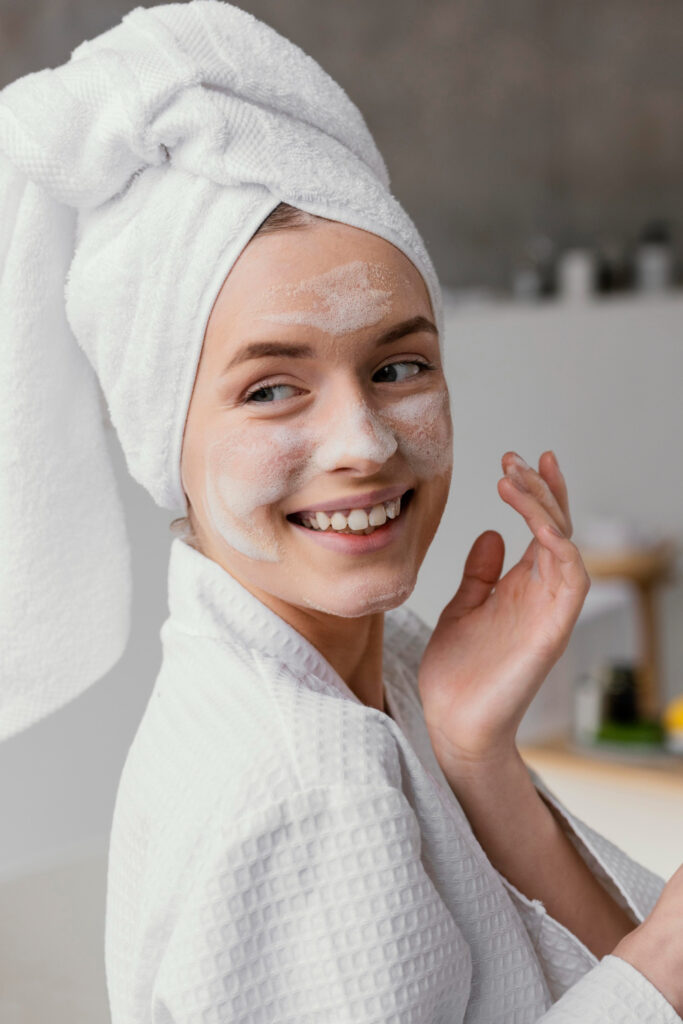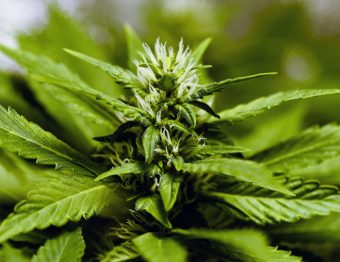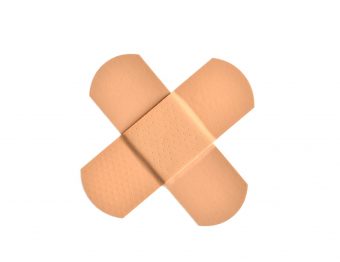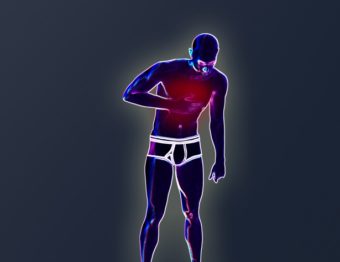
Acne-prone skin requires a thoughtful approach to skincare, with a focus on products that cleanse the skin effectively without exacerbating acne. The best cleansers for acne-prone skin typically contain ingredients that help to clear pores, reduce sebum production, and soothe inflammation.
Before delving into the realm of cleansers tailored for acne-prone skin, it’s pertinent to acknowledge the broader spectrum of acne treatment options available. Beyond topical solutions, treatments range from oral medications and light therapy to more innovative approaches like chemical peels and Botox injections. Botox, commonly associated with cosmetic procedures to reduce wrinkles, has been found to offer benefits in treating acne as well. It works by temporarily paralyzing muscles, which can reduce oil production in the skin, thereby mitigating acne breakouts. This breadth of treatments highlights the importance of a personalized approach to acne management, recognizing that effective solutions can vary significantly from one individual to another. So make sure to consult with a medical professional who has attended Botox training in a location like Washington DC.
It’s now time to explore some of the top cleansers designed for acne-prone skin, considering their active ingredients, benefits, and how they should be incorporated into a skincare routine.
1. Salicylic Acid Cleansers
Salicylic acid is a beta-hydroxy acid (BHA) known for its ability to penetrate deeply into pores to dissolve excess sebum and dead skin cells. It is an excellent ingredient for acne-prone skin because it helps to prevent the clogging of pores that can lead to breakouts. Cleansers containing salicylic acid are effective for those with oily and acne-prone skin types.
Benefits:
- Deeply cleanses pores
- Reduces sebum production
- Exfoliates the skin surface
2. Benzoyl Peroxide Cleansers
Benzoyl peroxide is a potent antibacterial ingredient that kills acne-causing bacteria (Propionibacterium acnes) on the surface of the skin. It is available in various concentrations, with lower percentages being suitable for sensitive skin. Benzoyl peroxide can be particularly effective for inflammatory acne.
Benefits:
- Kills acne-causing bacteria
- Helps clear existing breakouts
- Prevents new acne from forming
3. Glycolic Acid Cleansers
Glycolic acid, an alpha-hydroxy acid (AHA), is effective for exfoliating the skin and removing the buildup of dead skin cells that can clog pores. It also helps to improve skin texture and tone. Glycolic acid cleansers are beneficial for those who experience both acne and signs of aging.
Benefits:
- Exfoliates the skin surface
- Promotes cell turnover
- Brightens the skin complexion
4. Sulfur-Based Cleansers
Sulfur is known for its natural antibacterial properties and ability to reduce sebum production. It helps to dry out the surface of the skin, making it beneficial for treating acne. Sulfur is less irritating than some other acne treatments, making it a good choice for sensitive skin.
Benefits:
- Reduces oiliness
- Has natural antibacterial properties
- Helps to dry out pimples
5. Non-Comedogenic Gentle Cleansers
For individuals with acne-prone skin that is also sensitive, non-comedogenic gentle cleansers are a must. These cleansers are formulated without harsh ingredients and are designed to cleanse the skin without stripping it of its natural oils. They often contain soothing ingredients such as aloe vera or chamomile to help reduce skin irritation.
Benefits:
- Gentle on sensitive skin
- Does not clog pores
- Soothes and hydrates the skin
Incorporating Cleansers into Your Skincare Routine
When incorporating a new cleanser into your skincare routine, it’s important to:
- Start with a patch test to ensure you do not react negatively.
- Use the cleanser once a day initially, gradually increasing to twice a day as your skin adjusts.
- Follow up with a non-comedogenic moisturizer to maintain skin hydration.
- Apply sunscreen during the day, as some acne treatments can make your skin more sensitive to the sun.
Choosing the right cleanser for acne-prone skin is crucial for managing breakouts and maintaining clear skin. The best cleansers contain active ingredients that target acne in different ways, from unclogging pores to reducing inflammation. It’s important to select a product based on your specific skin type and concerns, and to use it consistently as part of a broader skincare routine that includes moisturizing and sun protection.





